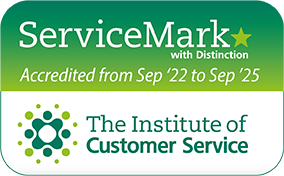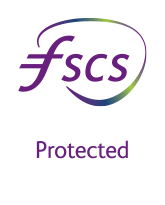If you have received an e-mail asking you to complete a survey from the ICS, please click here to read more about this request.
Scams come in all different shapes and sizes.
Below, discover the most common types of scams and the warning signs you need to look out for.
This is when fraudsters obtain personal details by SMS text messages.
A fraudster calls claiming to be from a bank, building society or utility company in order to induce individuals to reveal personal information, such as bank details and credit card numbers.
Emails are sent with links to fake websites and encourage people into entering personal details or account information.
Victims are manipulated into making advanced and upfront payments of services and goods, which do not materialise.
Fraudsters set up bogus websites or adverts offering holidays or other goods at a discounted rate.
Victims think they’ve found their perfect match, when in reality it’s a fraudster looking to take advantage – often financially.
Fraudsters hack into email chains between house buyers and solicitors to divert money that was supposed to be for the property purchase into a different account.
A salesman pressurises the victim into purchasing something they don’t want or is poor value for money on their doorstep.
They commonly exploit the vulnerable by convincing them to pay for shoddy or incomplete repair work, charging extortionate fees for their services, or threatening residents who do not comply.
A victim can be called, texted or email and congratulated for winning a prize and told that in order to collect the winnings, a processing fee needs to be paid or a premium rate phone line needs to be called.
Fraudsters claim they are calling from your computer’s support network and your PC has a virus. They claim that the problem can be solved remotely if access is given or account details are shared.
The fraudster contacts the victim pretending to from the bank or the police and claims there’s been fraud or suspicious activity on the victims account and they need to act quickly to protect your money. Their solution is for the victim to transfer sums of money into a ‘safe account’ but the account is actually controlled by the fraudster and when they move the money, they steal it.
If you’ve been affected by fraud, you can find further information here.






